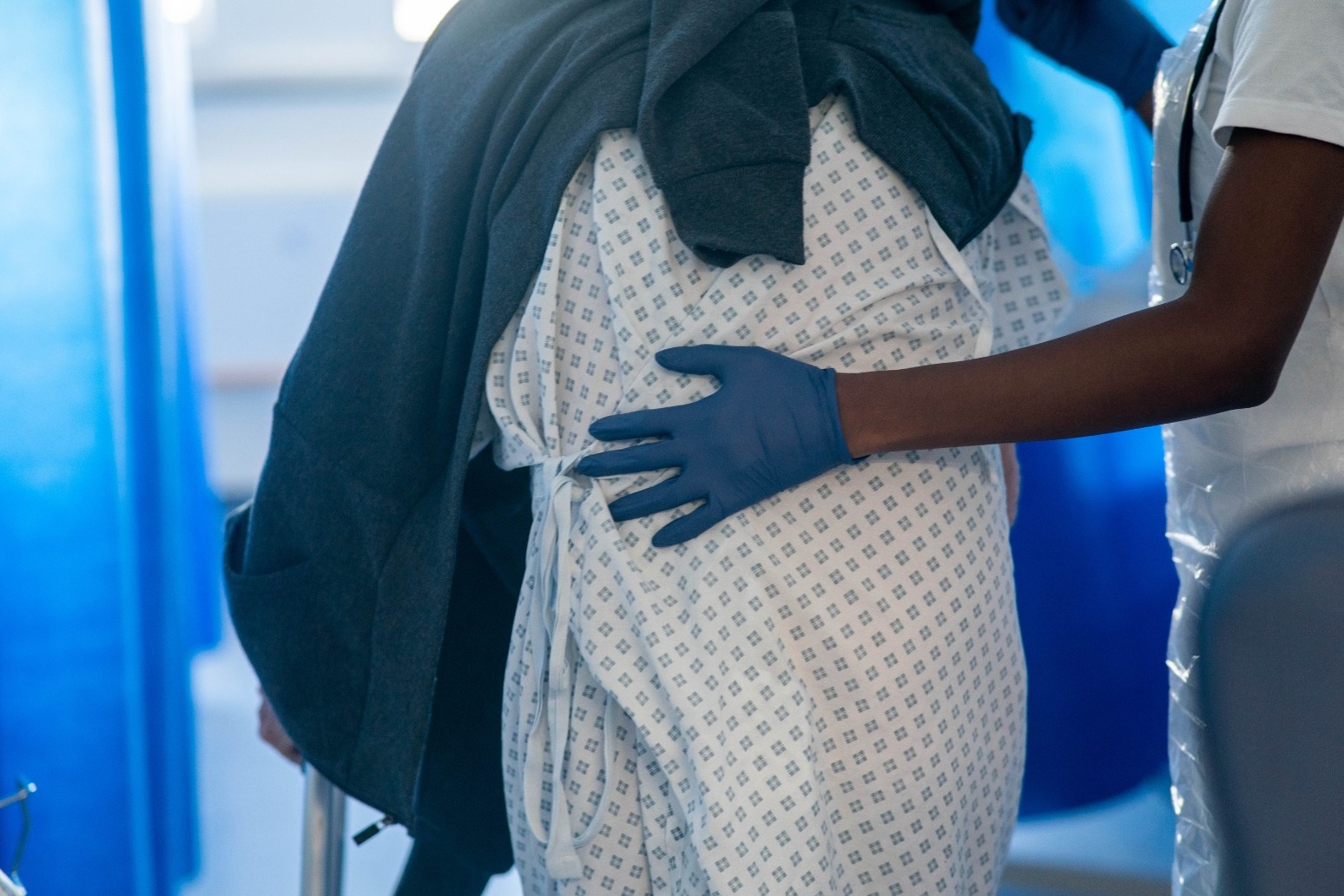
UK women ‘underdiagnosed and undertreated’ for heart disease
Women are dying “unnecessarily” from heart disease in the UK because they are “underdiagnosed and undertreated” when it come to heart conditions, experts have warned.
Cardiovascular disease (CVD) – a general term for conditions affecting the heart or blood vessels – is the “number one killer for women” but there is a misconception that it is a “man’s disease”, academics said.
A group of leading heart experts from across the UK have highlighted “sex disparities in everyday care of patients”.
Most heart disease is “preventable” so more should be done to “ensure parity of care for women with CVD”, they said.
Writing in the journal Heart, they said: “Globally, cardiovascular disease is the leading cause of death in women.
“However, the misconception that it is a ‘man’s disease’ underlines that CVD in women has contributed to its under-recognition and undertreatment.
“Over 3.6 million women in the UK are currently affected by ischaemic heart disease, which kills one in 14 women.”
But they said there is a “discrepancy” between men and women when it comes to diagnosis and treatment – women are less likely to receive certain treatments or diagnostic tests.
And women are “frequently under-referred for treatment which leads to poorer outcomes,” they added.
The group also highlights that women are “under-represented” in clinical research about cardiovascular disease.
“Many treatments are mainly investigated in men and then applied to women,” according to the new consensus statement written by 33 experts from across the UK affiliated with the British Cardiovascular Society.
The authors add: “Despite significant progress in the management of CVD, it remains the UK’s number one killer for women.
“Unfortunately, women are underdiagnosed, undertreated and under-represented in all CVD areas.”
Lead author, Professor Vijay Kunadian, told the PA news agency: “Heart disease, in particular coronary artery disease, is the number one killer for women in the UK and worldwide.
“And yet, even to this day, we see that their symptoms are being ignored or (women are) told there is nothing wrong with them, or treated for something else, when all along they might be suffering from a heart problem.”
She said national databases are showing “year after year” that women are being undertreated and “unfortunately that leads to higher death rates following heart attacks.
“We can’t ignore that any more, it is about time that we do something about it”.
Lives were being lost because “if women received the correct treatment, then their lives could be saved”, Prof Kunadian said.
“People assume it is a men’s disease – when a man complains he is more likely to get the attention from the ambulance or the doctors for example
“So we need to change the perspective of people and make people think this is also a woman’s condition.”
The authors of the paper, who are representatives from each of the leading UK cardiovascular-affiliated societies, make a series of recommendations on how to address health inequalities in heart health among women in the UK.
They wrote: “This consensus outlines actionable points provided by each of the affiliated societies to address the sex disparities in everyday care of patients in all settings, aiming at saving many women from losing their lives unnecessarily from preventable conditions in the UK and also worldwide.”
Prof Kunadian, who is professor of interventional cardiology at Newcastle University, said one of the most important of these is raising awareness of the burden of cardiovascular disease on women, both among the general public and clinicians.
Commenting on the paper, Dr Sonya Babu-Narayan, associate medical director at the British Heart Foundation, and consultant cardiologist, said:
“Heart disease kills more women than breast cancer every year, yet robust evidence from across the globe shows the odds are stacked against you if you are a woman, part due to entrenched biases in society including health and care.
“This shocking state of affairs show inequalities negatively affect women’s heart health at all stages in the patient journey.
“Fortunately, the authors led by BHF-funded researcher Professor Vijay Kunadian have proposed many actionable solutions that governments and women’s health leaders across the UK should explore to shift the dial and save and improve more lives.”
A Department of Health and Social Care spokesperson said: “In the broken NHS we inherited it is clear women’s health has been neglected.
“This government will prioritise women’s health as we reform the NHS and ensure their voices are heard.
“Cardiovascular disease is one of this country’s biggest killers of women and men, which is why this government will deliver up to 130,000 extra health checks at workplaces across the country to catch this and other diseases earlier.”
Published: by Radio NewsHub